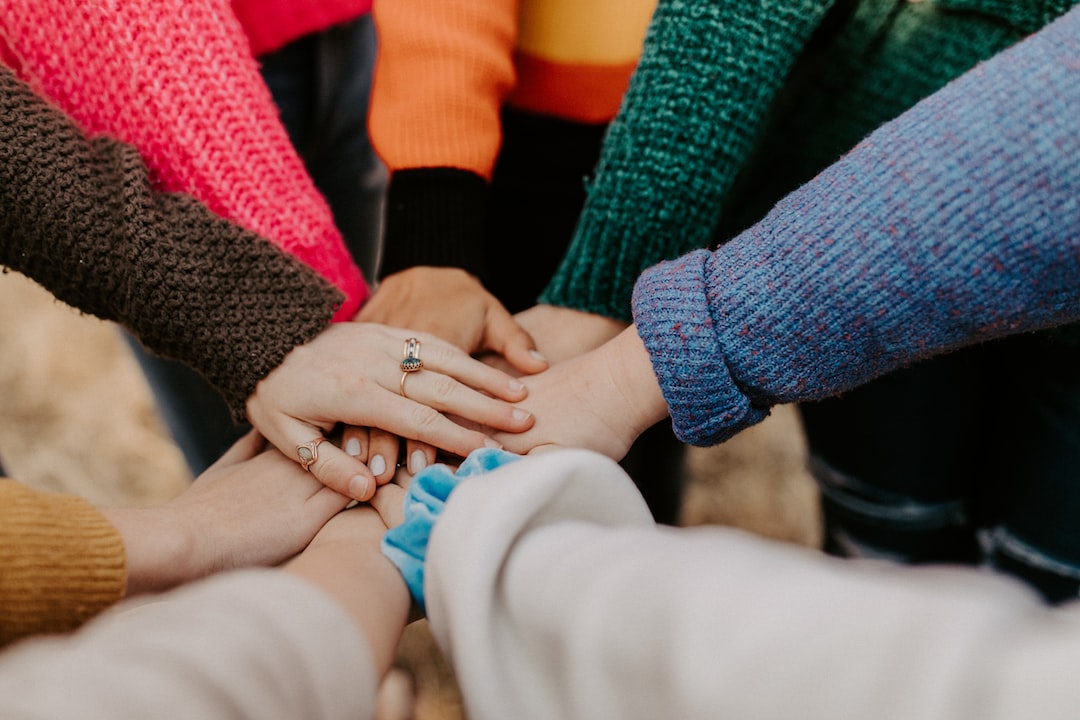The Influence of Social Media on Body Image
With each passing day, our society becomes more intertwined with the digital realm. We constantly find ourselves scrolling through our social media feeds, bombarded with images of a seemingly perfect life. Moreover, these platforms have revolutionized the way we perceive our own bodies, often leading to a negative impact on our body image and self-esteem. In this blog post, we will explore the influence of social media on body image and discuss the consequences it may have on our mental health.
First and foremost, it is important to acknowledge the rise of body positivity movements online. As social media has become more diverse, voices promoting self-love and acceptance have emerged. These platforms have allowed marginalized communities to showcase their beauty and challenge the traditional beauty standards perpetuated by the mainstream media. Consequently, they have empowered individuals to embrace their bodies and created a supportive network for those struggling with body image issues.
However, while there is an inclusive movement pushing for body acceptance, it is overshadowed by the immense pressure to achieve a certain body type. Social media platforms are flooded with perfectly edited pictures, showcasing carefully selected angles, flawless skin, and toned physiques. This constant exposure to unattainable beauty ideals can significantly impact the way we perceive ourselves, leading to body dissatisfaction and low self-esteem.
One of the key factors contributing to this negative influence is the use of filters and editing tools. People are able to alter their appearance, enhancing their features and creating a false sense of perfection. This sets unrealistic expectations for how individuals believe they should look, as the edited images do not reflect reality. Consequently, this can lead to feelings of inadequacy, as individuals compare themselves to these fabricated standards of beauty.
Moreover, online body shaming has become all too common. We often witness public figures and celebrities being criticized for their appearance, sparking hateful conversations in the comment section. This fuels a toxic environment where individuals feel scrutinized and judged based on their physical appearance. The constant fear of being judged and socially rejected further damages self-esteem and body image, causing individuals to question their own worth based on their outward appearance.
Beyond the superficial pressures, social media also exposes us to an overwhelming amount of health and fitness content. While it is essential to promote a healthy lifestyle, some influencers may encourage extreme dieting or exercise routines, leading to harmful behaviors. There is a growing culture of comparison and competition, where individuals may feel guilty or inadequate if they cannot keep up with the fitness standards portrayed online. This obsession with achieving a perfect body can have severe consequences on mental health, such as the development of eating disorders, anxiety, and depression.
It is important to remember that social media is a curated version of reality. The images we see on platforms like Instagram only represent a fraction of someone’s life. People often showcase their best moments, hiding the imperfect ones. Understanding this distinction is crucial to safeguarding our mental well-being. It is imperative to critically evaluate the content we consume and differentiate between reality and staged perfection.
Furthermore, we must actively seek out diverse representation on social media. Following accounts that promote body positivity and self-love can help shift our perception of beauty and challenge the unrealistic standards we are exposed to. By surrounding ourselves with positive influences, we can cultivate a healthier relationship with our bodies and learn to appreciate our unique qualities.
In conclusion, social media undeniably has a significant influence on our body image. While it has the potential to foster self-acceptance and inclusivity, it often perpetuates unattainable beauty standards and cultivates toxic comparison. Recognizing the impact that social media has on our self-esteem is the first step towards mitigating its negative effects. By promoting body positivity, embracing diversity, and prioritizing mental well-being, we can reclaim control over our self-image and build a healthier relationship with our bodies, both online and offline.

